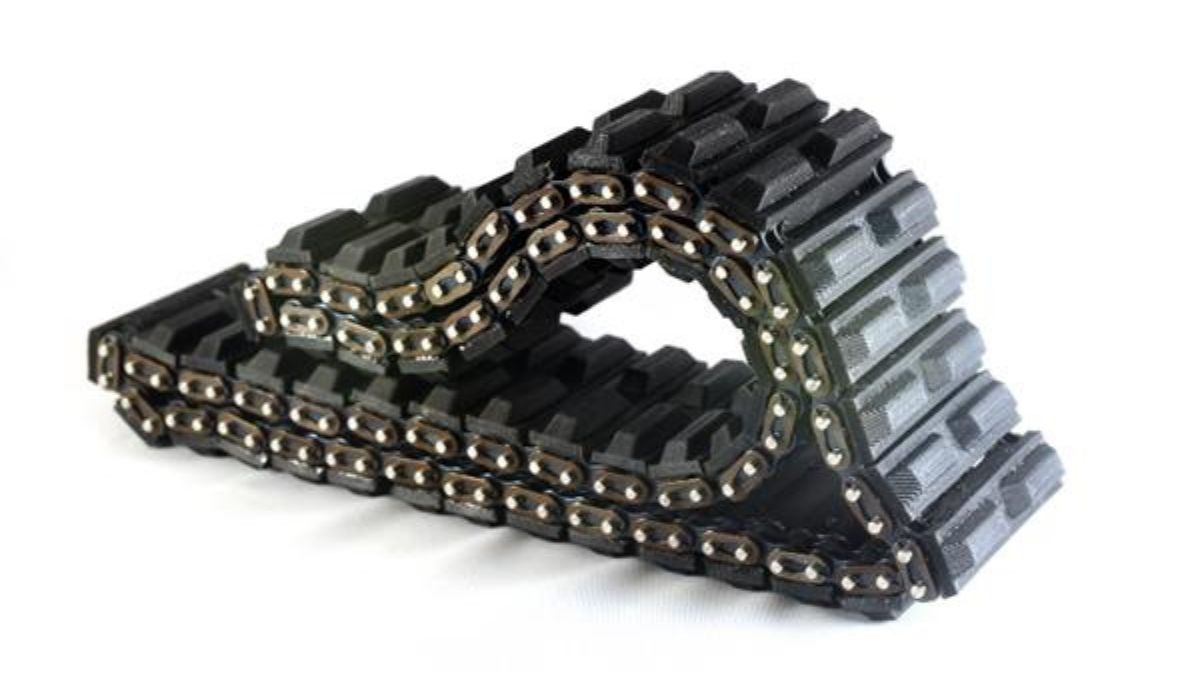Conveyor belts are transforming Pakistan’s industrial and manufacturing operations. These systems provide a faster, safer, and more efficient way to move materials across factories and warehouses. As 2025 progresses, the conveyor belt market in Pakistan continues to grow, driven by industrial automation, infrastructure expansion, and increased demand in key sectors.
What Are Conveyor Belts?
A conveyor belt is a continuous moving band of material, usually powered by motors, that carries goods or materials from one point to another. Industries rely on these systems to reduce manual labor, minimize handling errors, and speed up production lines. Consequently, conveyor belts have become essential for boosting productivity and ensuring operational consistency.
Read More: Karachi’s Electricity Costs May Fall This Month?
Major Types of Conveyor Belts
| Type | Materials | Primary Use |
|---|---|---|
| Flat Belt | Rubber, PVC | General transport, packaging lines |
| Modular Belt | Plastic segments | Bottling, dairy, food processing |
| Cleated Belt | Rubber with ridges | Agriculture, inclined material movement |
| Chain Belt | Steel chains | Automobile assembly, heavy-duty transport |
| Roller Conveyor | Steel rollers | Warehousing, distribution centers |
| Pipe Conveyor | Enclosed rubber | Cement, fertilizers, chemicals |
| Magnetic Belt | Magnetic surface | Scrap handling, metal transport |
| Heat-Resistant Belt | Treated rubber | Foundries, steel plants, hot material zones |
Applications in Pakistan
Cement & Construction
Cement manufacturers use conveyor belts to handle limestone, coal, and gypsum. These materials move efficiently across crushing, mixing, and kiln stations.
Mining Operations
In Balochistan and other mining areas, conveyor belts streamline the extraction and transport of coal, salt, and marble. This approach reduces reliance on trucks and manual hauling.
Food & Beverage
Food processors in urban hubs like Lahore and Karachi depend on hygienic modular belts to move baked goods, dairy products, and packaged foods along the line.
Logistics & Warehousing
Conveyor systems are now common in e-commerce warehouses and courier facilities. They support faster sorting, packing, and dispatch of parcels.
Textile & Packaging
In textile mills and packaging plants, belts move fabric rolls and finished goods with minimal human intervention, thus saving time and reducing error.
Top Suppliers in Pakistan
- Indus Belts – Lahore
- Pak Conveyor Industries – Karachi
- Al-Haq Traders – Karachi
- Global Engineering – Faisalabad
- Conveyor House – Multan
These suppliers offer customized solutions, installation services, and maintenance contracts for a wide range of industries.
Read More: Largest Oil Refinery in Pakistan – Complete Overview
Industry Trends in 2025
The conveyor belt market is shifting rapidly. Firstly, industries are adopting smart conveyor systems with sensors and automation. Secondly, there’s growing interest in eco-friendly belt materials. In addition, cheaper imports from China and the UAE are influencing local pricing. Finally, the China-Pakistan Economic Corridor (CPEC) is creating demand in infrastructure and logistics projects.
READ MORE: Muharram 1447 Hijri Likely to Begin on June 27 in Pakistan
Key Challenges
Although the market is expanding, challenges remain. Businesses often face high initial costs and a shortage of skilled maintenance technicians. Moreover, many specialized belts still require importation, leading to delays and increased expenses.
Outlook for the Future
Looking ahead, Pakistan’s conveyor belt industry is expected to grow steadily by 5–8% annually. With the rise of industrial automation and digital logistics, companies are investing in smarter, more energy-efficient systems. This evolution will drive productivity and competitiveness in both local and global markets. Keep visiting: Bloom Pakistan
Read More: Master Tiles: Price List and Buying Guide for Pakistan









